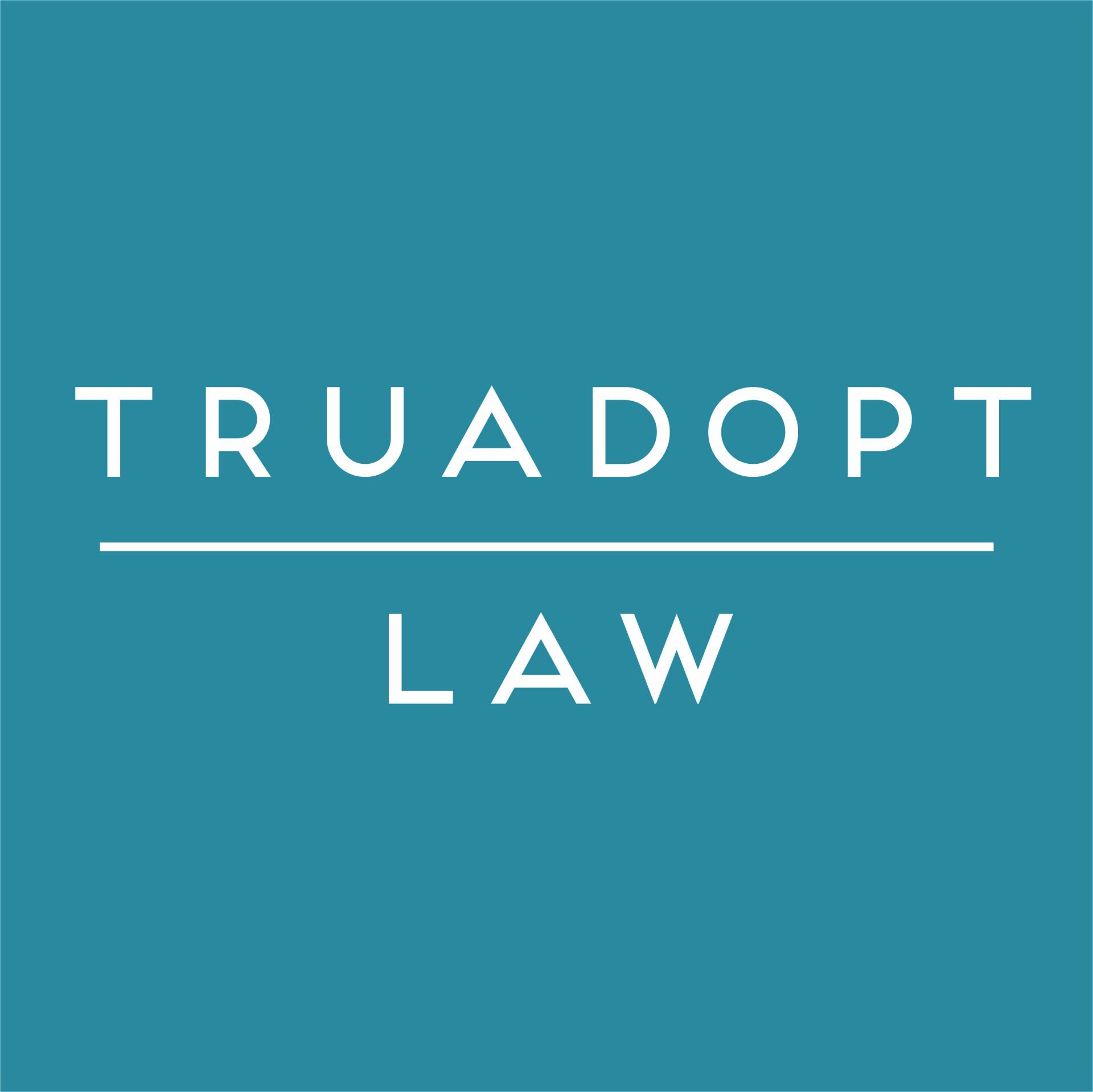Can a Court Force Someone to be Friends? : Enforcing a Post-Adoption Contact Agreement
TruAdopt just concluded a year and a half long case in which we represented a birth mom in an attempt to enforce a post adoption contact agreement. The challenges were many, namely:
-
The agreement was written by an agency social worker and none of the parties had legal representation;
-
The parties didn’t know one another very well at the time the agreement was written;
-
The agreement was not very specific and did not contain any contingency plans;
-
The birth mom never received a filed copy of the agreement;
-
Birth parents don’t have access to adoption files and therefore couldn’t get a copy of the agreement;
-
The agency attempted to mediate between the parties but, when they couldn’t agree, the agency was stuck and the parties did nothing;
-
The birth mom had no idea how to find legal help;
-
When TruAdopt stepped in, the adoptive family hired legal counsel and the time and costs involved with reaching agreement would have become prohibitive for the birth mom, had TruAdopt not agreed to represent her pro bono.
Once TruAdopt filed a motion with the court to enforce or modify the agreement, we were presented with a dilemma common to these cases: the more birth mom pushed to enforce her rights, the more understandably resistant the adoptive family became. The reality of litigation is that it can get very ugly. As soon as declarations are filed, folks start saying derogatory things about one another, thus making the relationship even worse than it already is. While we were always mindful to avoid saying anything irreparably negative, we knew that going to trial had the potential for permanently destroying any real relationship, even if a court ruled in favor of contact. We were pleased, therefore, when the case resolved at a judicially supervised settlement conference. Hundreds of pages of declarations, exhibits, and arguments boiled down to the parties agreeing to a very reasonable agreement that places the child’s best interests at heart. The lessons we learned are these:
A good contact agreement at the beginning solves potential problems before they arise.
A good agreement needs to be specific! It should be written assuming that the parties will not always get along perfectly. Hopefully, the relationship will grow organically over time and contact will be free and easy. However, people and circumstances change. Write an agreement that will protect everyone’s interests, especially the child’s, even if things go wrong.
Both parties must be represented by their own attorney at the time the agreement is signed!
A social worker is not a lawyer and, while social workers are excellent at many things, they should not be the ones who are drafting legal documents. It’s also vital that each party be given the opportunity to ask an attorney about any questions they have about the enforceability or terms of the agreement. Clarity at this step is paramount!
Birth moms must be given a copy of the contact agreement once it is filed by the Court.
Even though she will probably be given a copy of the agreement at the time it is signed, it’s important that she receive a filed copy of it as well (the agreement usually won’t be filed until it is incorporated into the final adoption order). It is her attorney’s responsibility to ensure she receives the filed copy.
Education on Open Adoption, including its challenges, and counseling can be crucial to a successful relationship.
In order to reach a settlement, we enlisted the help of adoption therapists who could educate the parties on the benefits and challenges of open adoption. Counseling was also crucial. The adoptive parents needed help addressing some of their fears concerning allowing someone into their lives who may not share all of their values and the birth mom needed counseling to address her adoption-related grief and to help her form realistic expectations for what an appropriate relationship might look like. In our case, the counseling came after the relationship had broken down. It would have been so much better if the parties had enjoyed that kind of education and counseling at the start of the relationship!
Grace goes a long way.
There’s a very good chance that the birth and adoptive parents share very different life experiences, attitudes, and values. While they may not always agree with one another or even like one another, they can agree that the child’s best interests should be primary. They all love the child and can at least agree on that. Grace and forgiveness will very likely be necessary to maintain a positive relationship with one another. While extending that isn’t easy and comes at a personal cost, the benefit the child receives when they realize that their birth and adoptive parents have agreed to set aside differences in order to love them better, is great.
The post Can a Court Force Someone to be Friends? : Enforcing a Post-Adoption Contact Agreement appeared first on TruAdopt Law.

